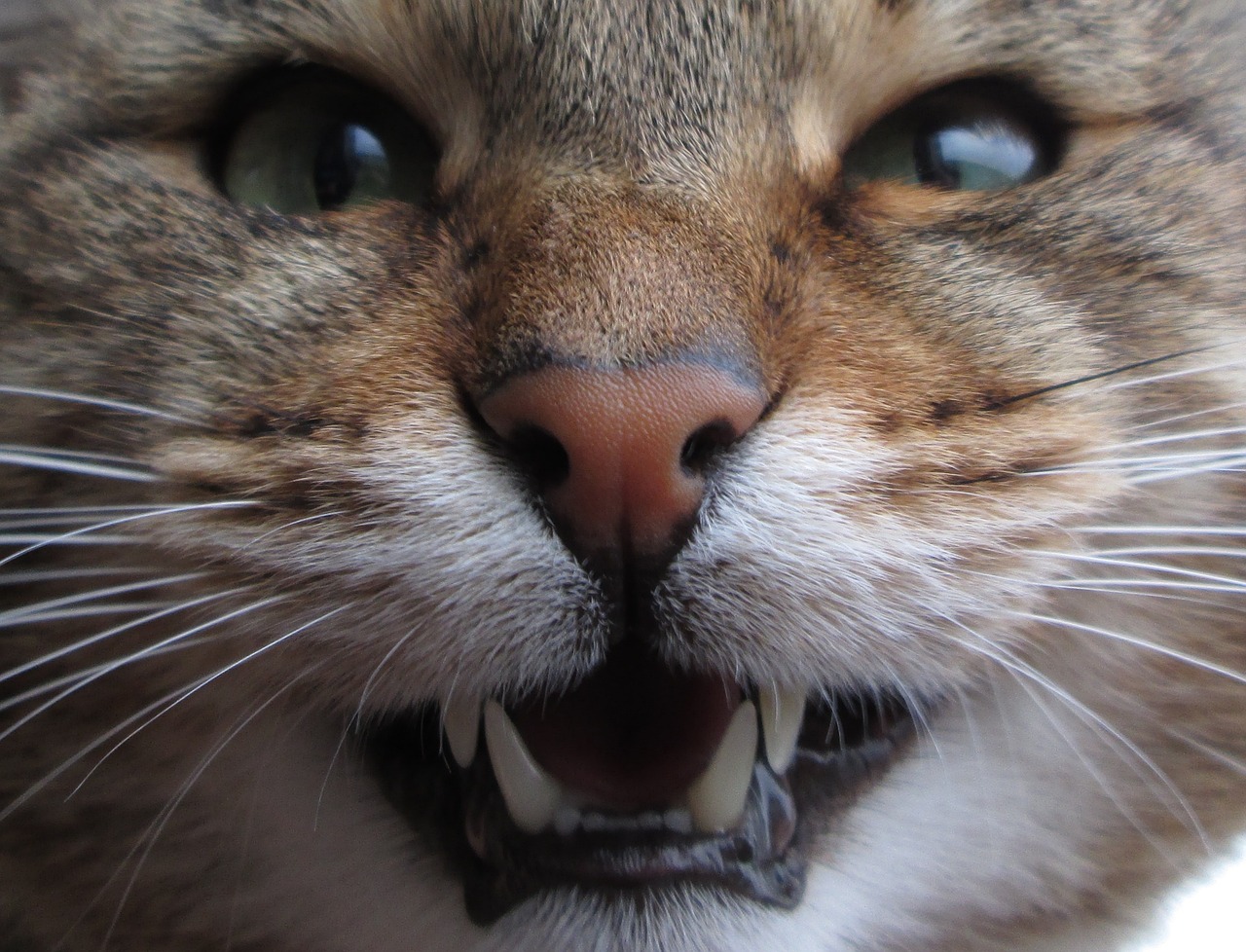Don’t Brush Off Your Cat’s Dental Health
February is Pet Dental Health Month, an opportune time for pet owners to check on in the health of their furry friend’s mouth.

While pet owners may be more familiar with the importance of the oral health of their dogs, cats especially are at risk for developing dental disease, so regular dental care is paramount to maintaining their healthy set of teeth.
Dr. Bert Dodd, a clinical professor at the Texas A&M College of Veterinary Medicine & Biomedical Sciences, says oral diseases have serious repercussions on a cat’s well-being and that the prevention of developing these, and similar conditions, should be the main goal of dental care.
“Cats are at risk for periodontal disease, caudal stomatitis, tooth resorption, and oral cancer,” Dodd said, adding that an at-home dental care routine for cats should include daily tooth brushing, a water additive, a dental diet, and dental chews.
Liquid water additives that owners can add to their pet’s water bowl can prevent a buildup of plaque and tartar. Many brands will also freshen your pet’s breath.
Similarly, kibble dental diets are designed to gently scrape plaque and tartar from your cat’s teeth as they chew. Both water additives and dental diets promote a cat’s dental health but should be used in addition to, not instead of, good oral hygiene and regular brushing.
Cat owners should brush the teeth of their feline friend daily, Dodd advised. Special feline toothbrushes and toothpaste can be purchased from most pet supply stores. Human toothpaste should never be used to clean the teeth of an animal, as cleaning agents harmless to humans may cause toxicity in pets.
When first implementing a dental care routine, pet owners may wish to consult with their veterinarian for advice on brushing techniques and acclimatizing their animal to a new routine.
“Dental care chew toys and treats for cats can also help clean the animal’s teeth,” Dodd said.
Aside from a regular at-home dental care routine, Dodd also said owners should bring their pet in annually for a dental cleaning and check-up. Since February is Pet Dental Health Month, many clinics may offer specials on dental care services in the coming weeks—now is a great time to schedule an appointment for your pet!
Cats acting abnormally, including dropping their food, head shyness, and lack of self-grooming, might be suffering from dental problems. Cat owners should not to ignore these signs and should seek veterinary help if they suspect their pet is unwell, according to Dodd.
Preventative dental care efforts pay off in the long run by protecting your cat’s mouth from disease and you from costly dental procedures. Though the notion of brushing a cat’s teeth might seem silly, it is necessary to ensure your pet feels their best.
Pet Talk is a service of the College of Veterinary Medicine & Biomedical Sciences, Texas A&M University. Stories can be viewed on the web at vetmed.tamu.edu/news/pet-talk. Suggestions for future topics may be directed to editor@cvm.tamu.edu.


